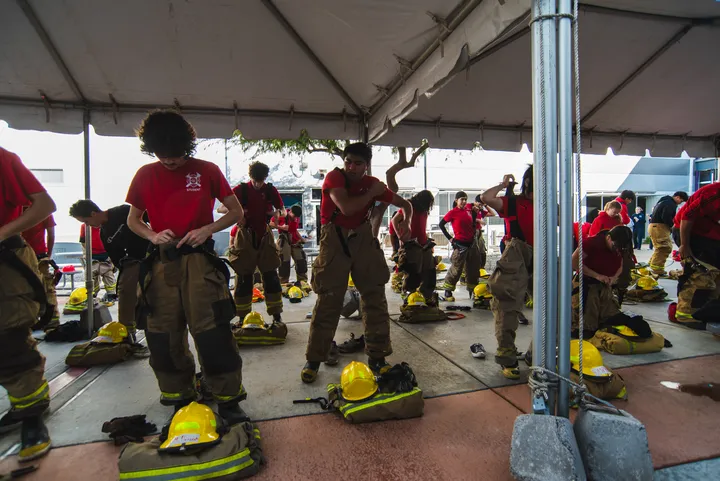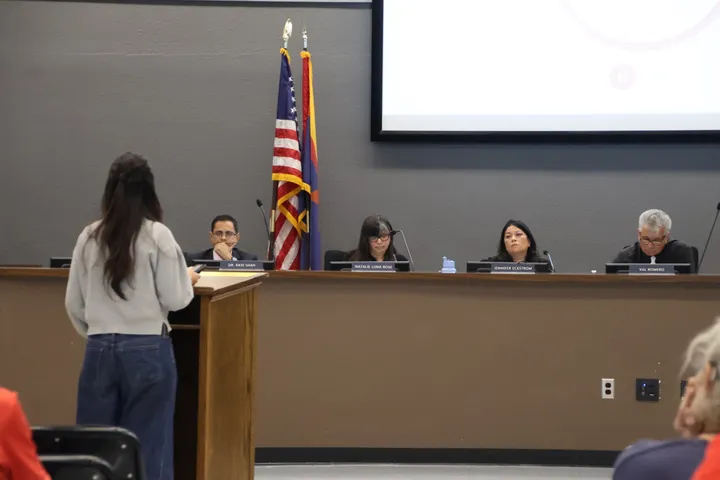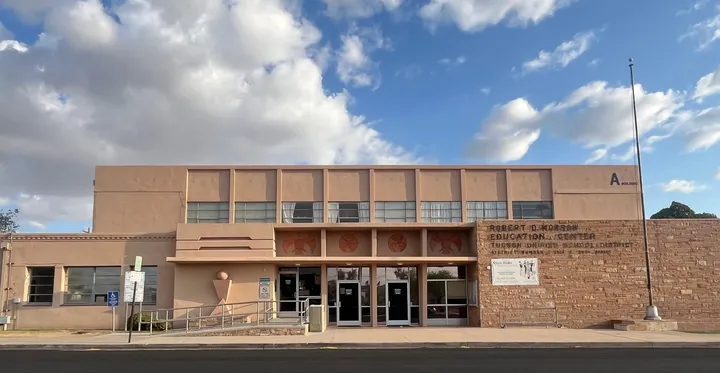UA fires Native Student Affairs Director amid cultural center consolidation
The University of Arizona’s firing of the Native American Student Affairs director and consolidation of cultural centers has sparked backlash from Indigenous students and leaders who say they were excluded from the decision-making process.
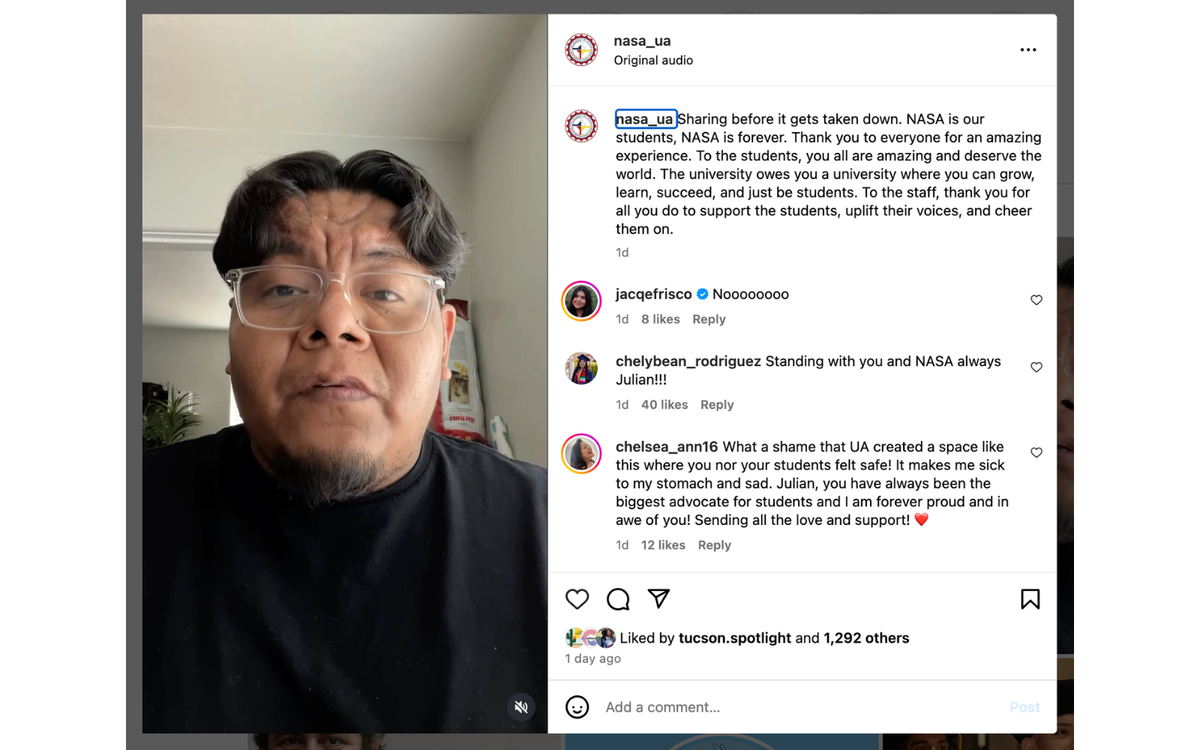
The University of Arizona has fired the director of the Native American Student Affairs center, sparking outrage among Indigenous students and leaders who say the move reflects a deeper betrayal.
Former NASA Director Julian Juan announced his ousting on Instagram Tuesday in a video that has since gained nearly 45,000 views.
Juan said he was notified by the UA that morning that his employment was being terminated. He'd been working with the program in 2019.
In the video, Juan stressed the importance of holding institutions accountable and encouraged continued advocacy to ensure that Indigenous voices and needs remain central in university decisions.
Juan's firing comes on the heels of the UA’s decision to consolidate the school’s cultural resource centers, first reported by the Arizona Daily Star last week.
The seven CRCs include Native American Student Affairs, Asian Pacific American Student Affairs, African American Student Affairs, the Guerrero Student Center, LGBTQ+ Student Affairs, the Women & Gender Resource Center, and the Disability Cultural Center. Together, they serve about 28,000 students.
In January, the UA announced its intention to combine all the CRCs but backed off after student protests. School officials reintroduced the consolidation Tuesday, days after graduation festivities wrapped up.
Six of the seven centers will be housed under a new umbrella — the Student Culture and Engagement Hub, with Native American Student Affairs to be integrated into the Office of Native American Initiatives, according to the Star.
UA spokesman Mitch Zak said the university would not comment on personnel matters but confirmed that Native American Student Affairs is becoming part of the Office of Native American Initiatives, under the oversight of Tessa Dysart, assistant vice provost for Native American Initiatives.
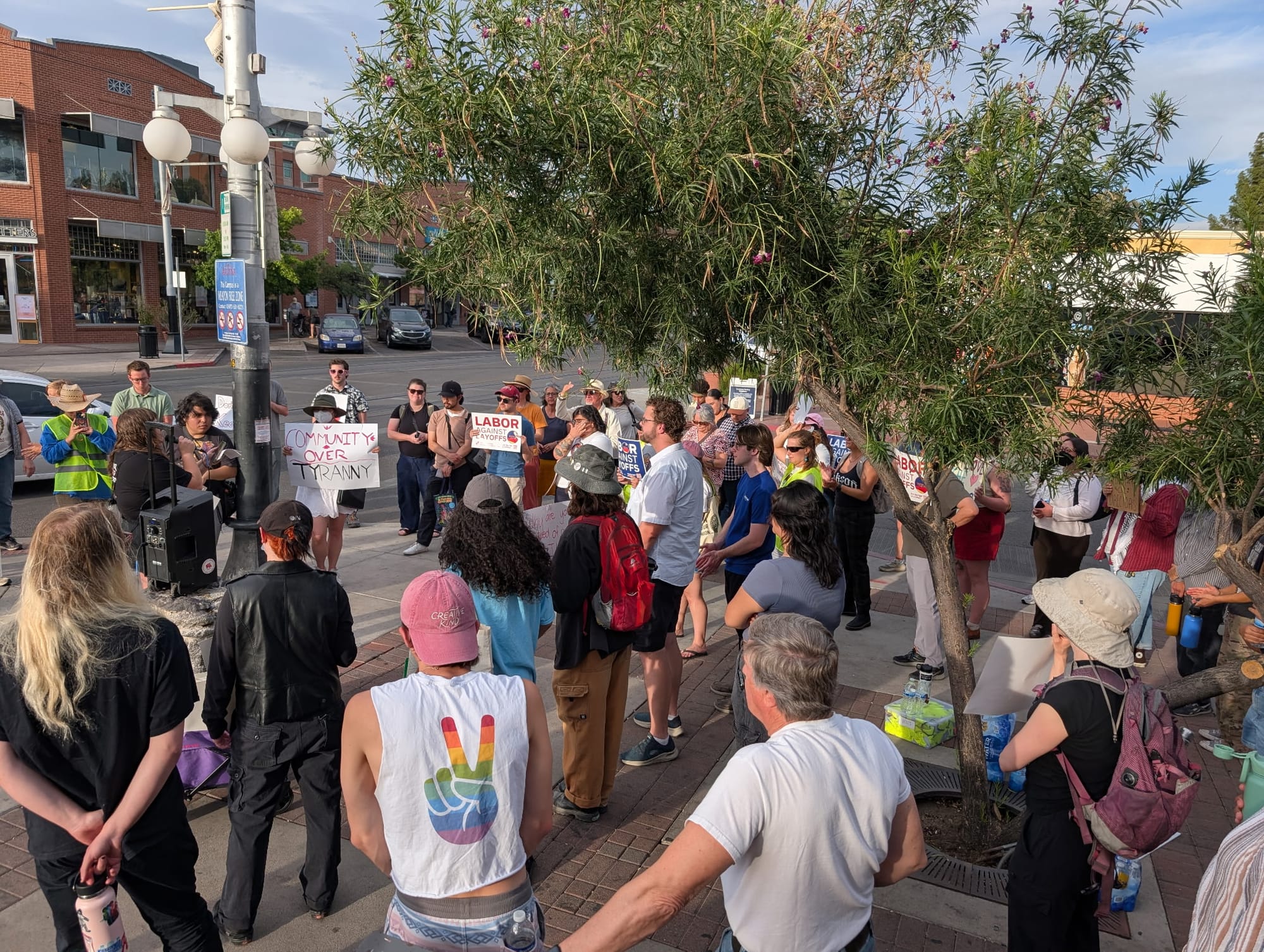
Dysart, a member of the Muscogee (Creek) Nation, will work closely with new UA Provost Patricia Prelock and Senior Vice President for Native American Advancement and Tribal Engagement Levi Esquerra to engage Native American students and support their success, according to Zak.
“We believe this change will increase collaboration and strengthen support for Native students, faculty, and tribal partners,” Zak said, pointing to Esquerra’s comments in a Tuesday news release that the move “also recognizes and respects the sovereign status of tribal nations, while reflecting our ongoing commitment to student success.”
Vice Provost and Special Advisor Jenna Hatcher said in the Tuesday release that the unified structure will strengthen the UA’s ability to engage Native American students, faculty, staff, and tribal nations through “enhanced collaboration and impact.”
But many Indigenous students and leaders disagree, taking to social media to express their anger over Juan’s firing and the consolidation, saying Native American Student Affairs should not be included in the reorganization because of its legally protected status.
UA administration said in the release that they have worked in consultation with students and faculty on the consolidation. But many students involved with Native American Student Affairs and other Indigenous groups say otherwise.
The Indian Science and Engineering Society’s chapter president, Aiden Tsingine, said in an email and on Instagram that the “decision was not discussed with students, staff, or faculty in advance, and the information appears to have been shared only with the (Arizona Daily Star) reporter prior to public release.”
William Carson, a doctoral candidate in behavioral health and health promotion and program coordinator for Indigiwellbeing, said he was told by Dysart’s office in January that Native American Student Affairs “would remain untouched.”
Indigiwellbeing was founded in response to the mental health needs of Native students, staff, faculty, and community members during the pandemic.
“They are not being honest about this and haven’t been all semester,” Carson said in an email. Native American Student Affairs “has three large rooms for gatherings, an additional study room, a club meeting space, a private study room, a space where advisors can come in on a weekly basis, a recharge room, and an embedded camp counselor room, and acts as a center where students, Native-serving organizations, university resources, and Tribal Nations can come in. Are we to believe these resources, amenities, and support structures will continue if our space is gone?”
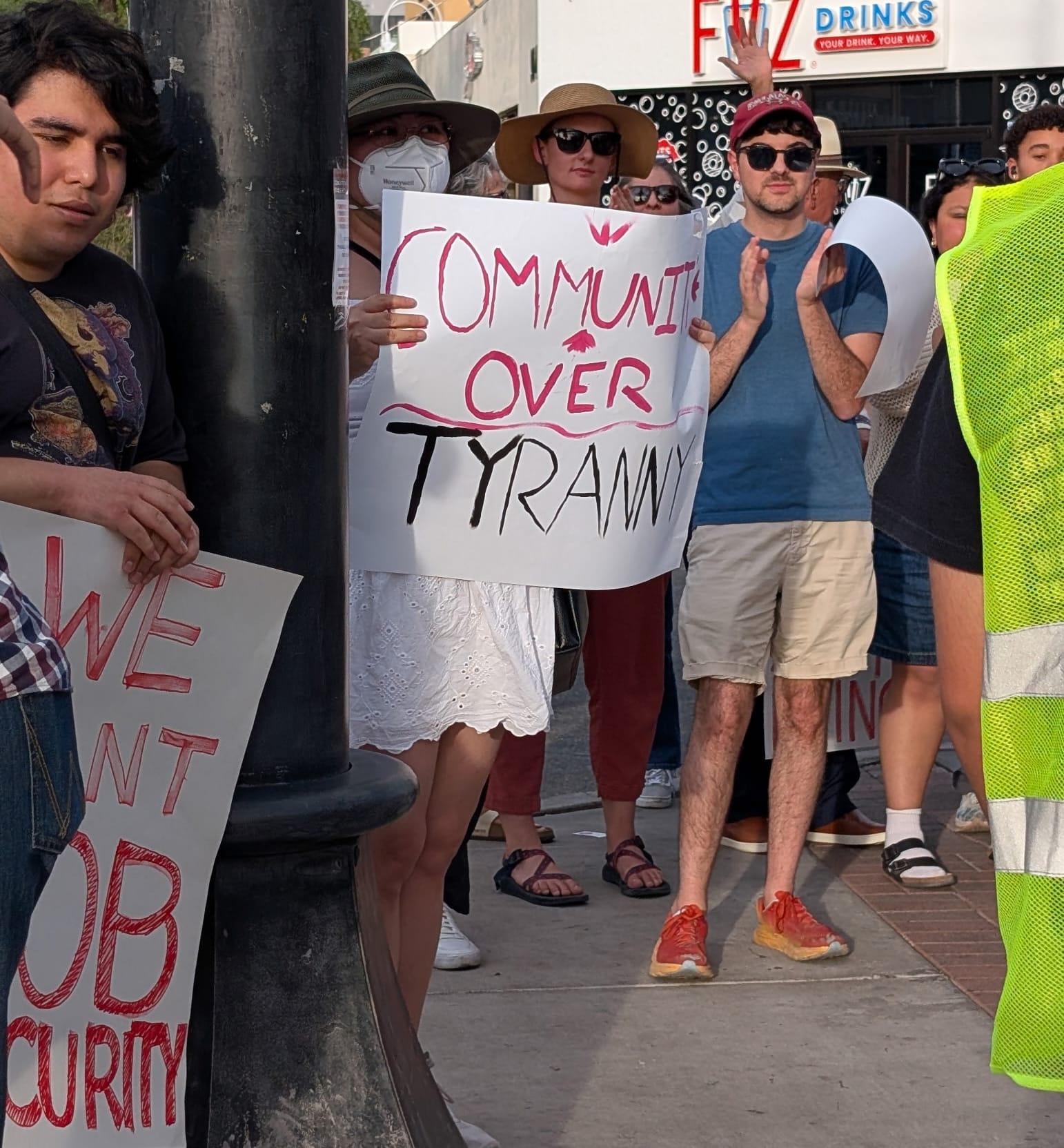
Native students and leaders delivered a letter to UA President Suresh Garimella, Provost Prelock, the Arizona Board of Regents, and others on Monday, with Carson and several others publishing it to social media.
The letter said the UA stands at a crossroads of continued partnership or “betrayal of the commitments enshrined in its public promises and acknowledgment,” and that the UA and the Arizona university system “has long failed our Native communities and Tribal nations.”
“The University of Arizona was built on lands taken from Tribal Nations and funded by the sale of those lands, creating a lasting obligation to … serve Indigenous communities,” the letter said, referencing the Morrill Act of 1862, which seized lands occupied by tribes and sold the land to fund colleges and universities.
The letter also highlights Juan’s successes over the last several years, including the “explosion” of events and organizations supporting Native students and contributing to student retention and success.
Native American Student Affairs represents more than just a physical space, said Daelyn Nez, Miss Native U of A and public relations officer for the Native American University of Arizona Club.
“It is a space where Native students can exist without needing to constantly explain or justify who we are,” she said in an interview with Tucson Spotlight.
On Wednesday evening, the Coalition to Protect Students and Workers held a rally at Main Gate Square, demanding the reinstatement of all CRC Directors, the preservation of Native American Student Affairs, and the end to the restructuring.
About 30 students showed up to protest including the undergraduate student body president, Adriana Grijalva.
“I hope students know that advocating and having a voice shouldn't mean retaliation or punishment,” she said. “We need a voice and that's why we're here.”
Audrey Zalenka, a member of the Coalition to Protect Students and Workers, said the CRCs should not be consolidated in order to preserve the “opportunities, (students) safety, and university wellness.”
Katherine Martinez is a a Kickapoo-Potawatomi Native majoring in journalism at the University of Arizona and Tucson Spotlight intern. Contact her at martinezk29@arizona.edu
Tucson Spotlight is a community-based newsroom that provides paid opportunities for students and rising journalists in Southern Arizona. Please support our work with a paid subscription.

